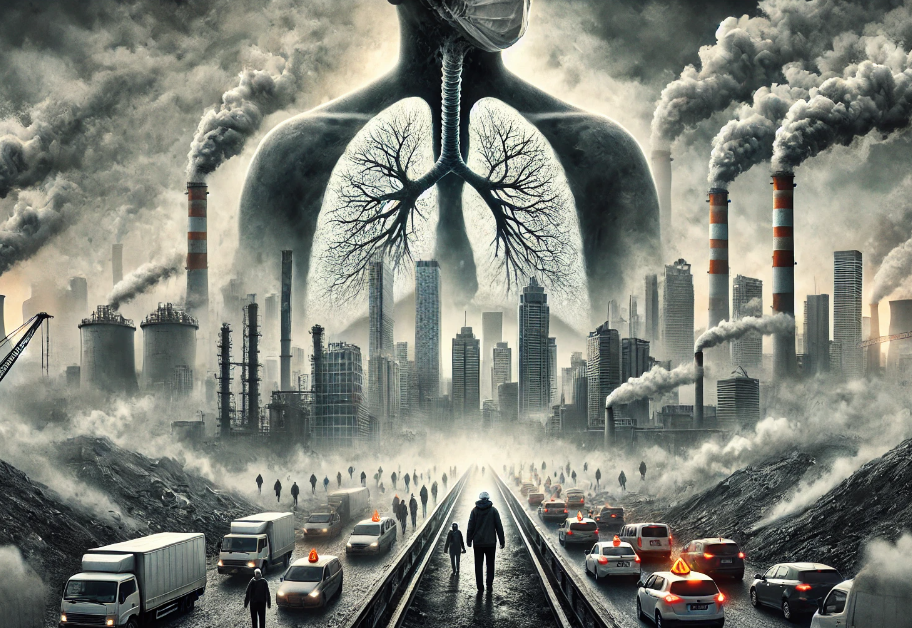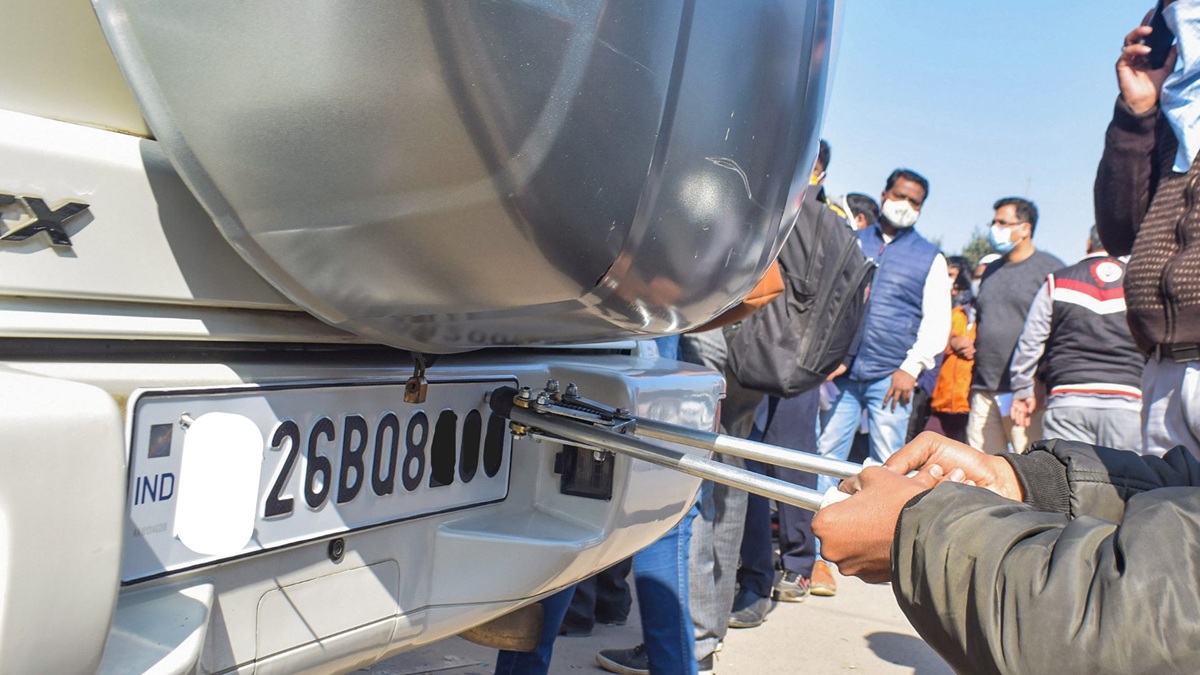The air pollution in Delhi and NCR has hit alarming levels, causing health concerns for millions. Schools have been shut down, online classes resumed, and citizens are struggling with the effects of smog. With AQI levels reaching hazardous zones, the question arises—can prolonged exposure to pollution lead to premature death? Here’s what experts say, and how you can protect yourself during this crisis.
Delhi’s Air Quality Reaches Critical Levels
Air Quality Index (AQI) readings in Delhi and nearby areas have been in the “severe” category for days. Areas like Shahdara reported an AQI of 418, while Vasundhara in Ghaziabad hit a shocking 999. This deteriorating air quality, primarily due to pollution and smog, has forced authorities to take strict measures, including school closures.
Can Pollution Cause Premature Death?
Experts and studies confirm that prolonged exposure to high levels of pollution significantly increases the risk of premature death. According to the Asian Institute of Medical Sciences, people with pre-existing heart, lung, or respiratory conditions are particularly vulnerable. A 2018 report by the National Institutes of Health also highlighted a strong link between long-term pollution exposure and life-threatening illnesses, such as lung cancer and heart disease.
What Is Causing Delhi’s Air Pollution?
While stubble burning in neighboring states is a major contributor, it is not the sole reason. Factors worsening the air quality include:
- Vehicle Emissions: The large number of vehicles adds significant pollutants to the air.
- Construction Dust: Ongoing construction activities release fine particles into the environment.
- Burning Waste: Smoke from garbage dumps further pollutes the atmosphere.
Health Hazards Linked to Smog and Pollution
Delhi’s residents face serious health challenges due to prolonged exposure to smog:
- Respiratory Issues: Increased cases of asthma, wheezing, and chronic cough.
- Cardiovascular Risks: Higher chances of heart attacks and related diseases.
- Miscarriages: Pollution is linked to complications during pregnancy.
- Lung Cancer: Long-term exposure to polluted air increases cancer risks.
- Premature Deaths: Vulnerable groups, including the elderly and children, face a higher risk of sudden mortality.
Environmental Effects of Smog
Beyond health, smog impacts the environment in several ways:
- Soil Degradation: Increased nitrogen levels make soil infertile, affecting agriculture.
- UV Ray Blockage: Smog reduces UV exposure, impacting the natural production of Vitamin D in humans, animals, and plants.
- Water Pollution: Pollutants settle in rivers, affecting aquatic ecosystems.
Steps to Protect Yourself from Pollution
With pollution at hazardous levels, taking precautions is critical:
- Wear Masks: Always wear a good-quality mask when stepping outside.
- Avoid Morning and Evening Outings: Pollution levels are highest during these times.
- Eat Healthy: Include green leafy vegetables in your diet to boost immunity.
- Stay Indoors: Limit outdoor activities for elderly people and pregnant women.
- Use Air Purifiers: Install air purifiers at home to improve indoor air quality.
- Hydrate: Drink plenty of water to flush out toxins from your body.
Delhi’s smog is a wake-up call for everyone to take individual and collective action. Protecting health and the environment should now be a top priority.







